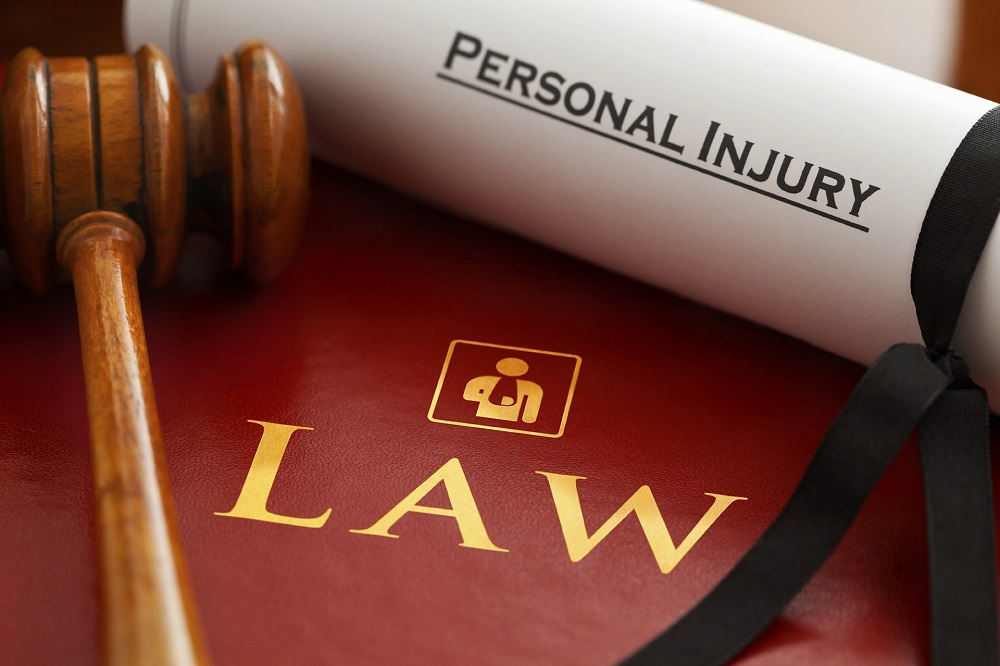Navigating the legal landscape for a personal injury claim in St. Louis can be challenging. A key legal component of personal injury cases is the statute of limitations, which can have a major impact on the outcome of the case. Understanding the statute of limitations for personal injury cases can help you make informed decisions about your case, and it can also help you understand the importance of taking timely action in personal injury cases.
The Purpose of Statutes of Limitations
The statute of limitations is a legal principle that establishes the maximum time allowed to initiate legal action after an event. For example, if someone has suffered an auto accident due to someone else’s fault, they have limited time to file a claim or lawsuit against the fault party. If they miss the deadline, they could be legally barred from seeking compensation for the incident.
One of the primary reasons for having a statute of limitations is to encourage parties with legal disputes to pursue their claims with promptness and diligence. A timely resolution to a legal dispute ensures a more fair outcome as the evidence remains fresh.
Evidence is the foundation of most legal cases. However, evidence can degrade or get lost over time. The statute of limitations encourages timely action for legal cases when evidence is most intact and reliable, leading to fairer outcomes.
Another reason for having a statute of limitation is to ensure closure for all parties involved in the case. Living indefinitely in the cloud of legal uncertainty can be challenging. The perpetual threat of litigation can also take a toll on physical and mental health. The statute of limitation helps provide a sense of certainty and legal finality to the case.
Statues of Limitation for Personal Injury Cases In St. Louis
All cities in Missouri, including St. Louis, have a statute of limitations of five years for personal injury cases. This means that a plaintiff has five years from the date of the injury to initiate legal action.
In cases where the injury was not immediately apparent to the victim, the discovery rule may apply. According to the discovery rule, the statute of limitations begins when the injury is discovered or reasonably should have been discovered. Additionally, the deadline may be extended for children or if the defendant attempts to conceal their identity.
Similarly, some types of cases have different statutes of limitations. For example, wrongful death cases are limited by a three-year statute of limitations. The statute of limitations for personal injury cases against government entities might have a shorter duration. This means that the plaintiff needs to act promptly to seek compensation from a government entity.
As statutes of limitation can often get a bit complicated, you should consult with an attorney who can assess your case and guide you on legal matters. Since personal injury cases can often get completed, seek personal injury representation in St. Louis for more specific legal guidance.
Exceptions and Exemptions
There are a few exceptions and exemptions for the statute of limitations for personal injury lawsuits that could apply to your case. These can help extend the time frame you have to initiate legal action.
Personal injury cases where the injured person is a minor may get extra time to initiate legal action. The statute of limitations may be paused—or tolled—until the minor has reached the age of 18. Once that age is reached, the same time restrictions apply to the case. For example, the minor would have a maximum of five years to invite legal action for the personal injury case.
If the injured person suffered mental incapacity, then the statute of limitations can be extended until the incapacity is healed. If the mental incapacity is permanent and there is no foreseeable improvement, the statute of limitations may \be paused indefinitely for that individual’s case. Some legal mechanisms allow family members to take legal action on behalf of their permanently disabled family member.
There are a few other exceptions and exceptions to personal injury cases in St. Louis. If the defendant is out of state, the statute of limitations can be tolled until the defendant returns to the state. Similarly, if the plaintiff or defendant is in military service, the statute of limitation could be paused.




